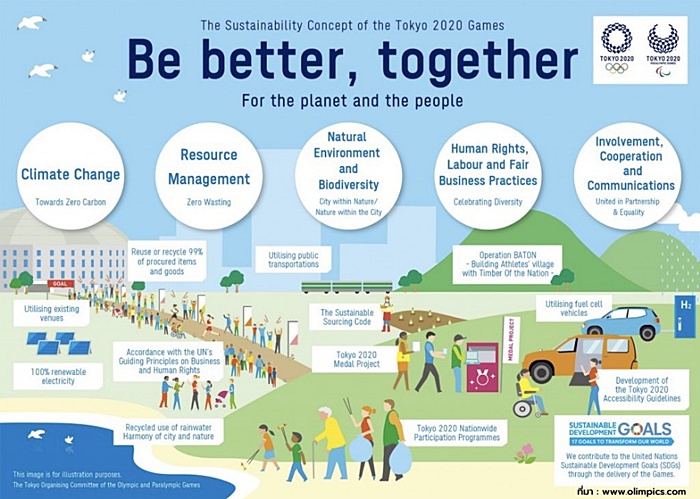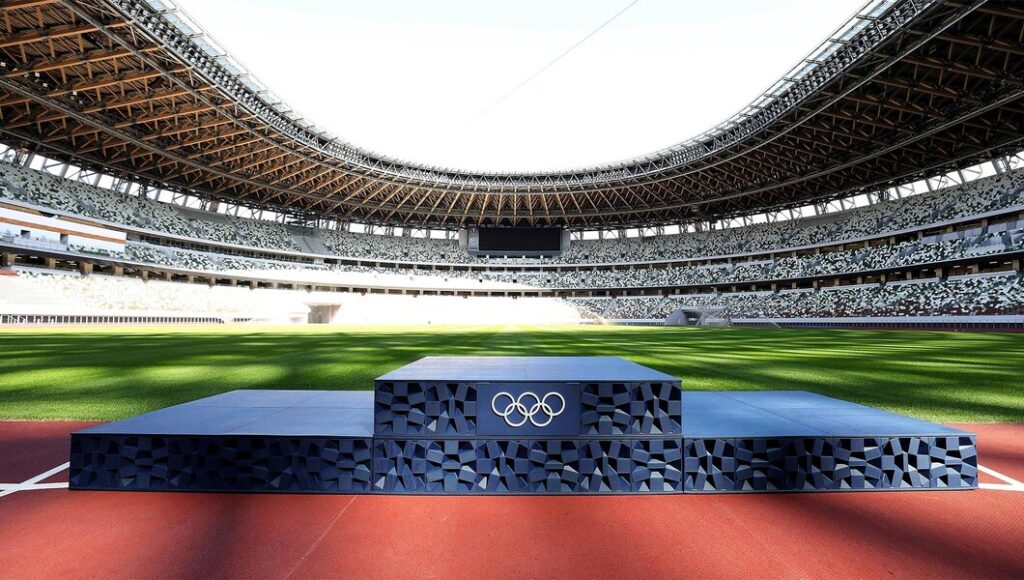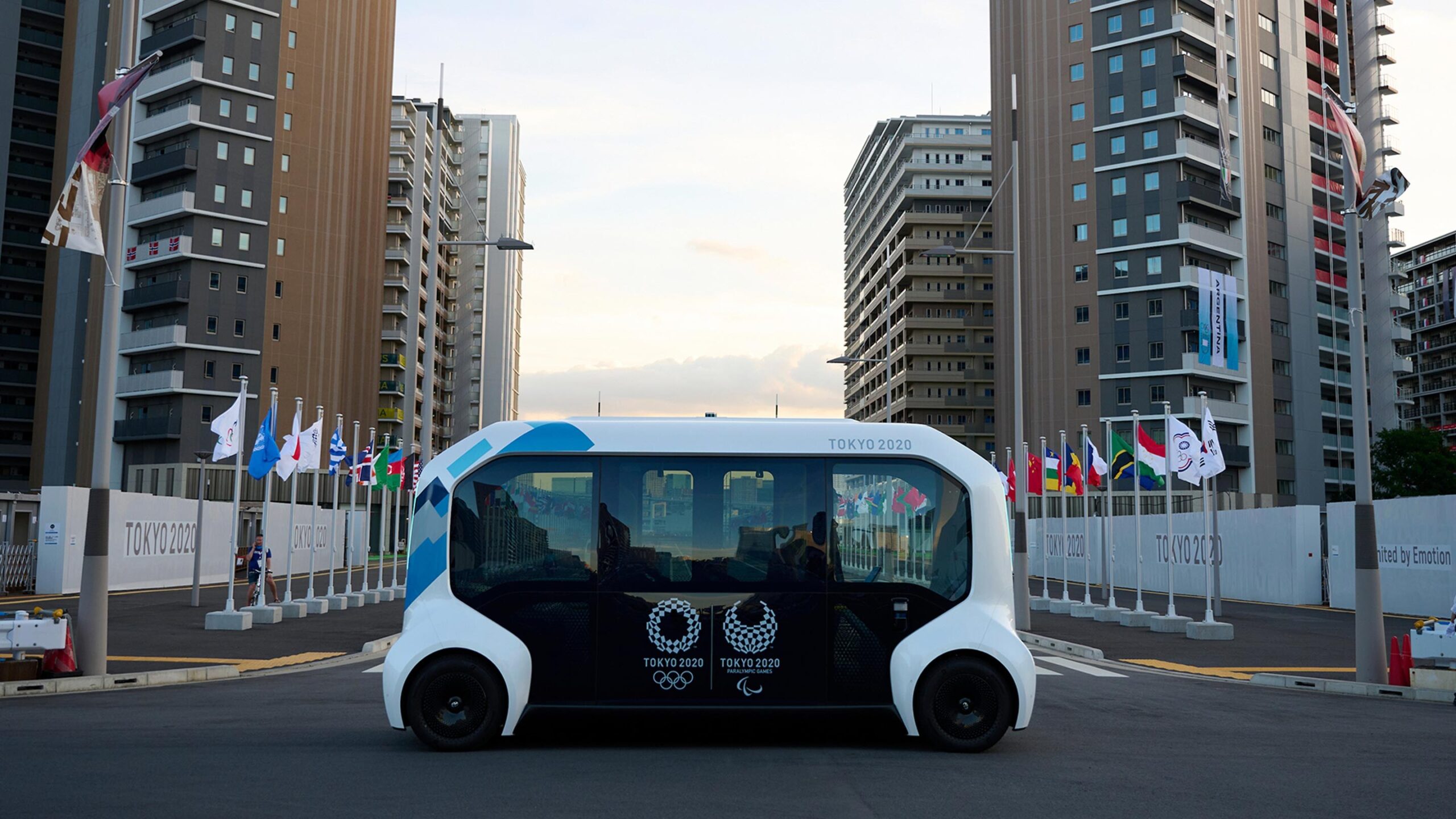Tokyo Olympic and Paralympic: For the Planet and the People
The Olympic and Paralympic games are well-known as the world’s largest sporting event, bringing together of athletes, judges, officials and volunteers related more than 100,000 persons from all over the world, it also causes the construction of new buildings and facilities to the transportation that will cause a lot of resource utilization. Organizing the Tokyo Olympic Games 2020 from July 23 to August 8 and the Paralympic Games During the competition between August 24 – September 5, this is the first time in the history a world-class sporting event that, in addition to sporting goals, is aligned with the Sustainable Development Goals under its theme “Be better, together – for the planet and the people” by highlighting the issue of creating an environmentally friendly society or Green society.
As Japan (as well as other countries) is facing the crisis of the COVID-19 pandemic outbreak that the event had to be postponed from last year to mid-2021. Japan, as the host, also face the comments of people who disagreed with the event with concerns about the spread of COVID-19 and the use of the national budget. However, the Olympic Games that have just ended in Japan have shown that the event can be held to a high standard and with a hint of concern for both the people’s feelings in the country and the concern as the global citizen.
According to Olympic website, this sporting event has been successful in its commitment to be a low-emission sporting event and sustainable development through five key themes below:
1. Climate Change by promoting energy savings and use of renewable energy as much as possible “Towards Zero Carbon”, using of hydrogen fuel as power for torch. All energy sources came from renewable energy, including wind energy, hydropower, and solar energy. The use of alternative vehicles with very low carbon emissions
Making the most of existing buildings or structures to reduce the number of new buildings construction. As for the construction of new permanent buildings, The new permanent venues are ensure high environmental performances. A Carbon Offset Program has also been set to compensate for the inevitable CO₂ emissions emitted during the competition, even after removal/reduction measures have been initiated.
2. Resource Management Through 3R (reduce, reuse, recycle), we aim to “Zero Wasting”. by providing a procurement system that is environmentally friendly Using parts from electronic waste to be recycled into medals. A torch made from scrap aluminum used to build a prefabricated house collected from the Tohoku region that was devastated by the 2011 earthquake and tsunami, the coin acceptor is made from recycled materials from household plastic containers, the newly built buildings use all recycled materials, where the wooden parts are sent back for local use, etc.
3. Natural Environment and Biodiversity and contribute to the realization of “City within Nature/Nature within the City”. Aiming to restore and balance the ecosystem between the city and nature by making the sporting venue a more environmentally friendly and harmonious venue such as landscaping, managing drainage systems that can reuse water. New, Preserving the natural area near the stadium as a habitat for various creatures. Planting trees to preserve native species, etc.
4. Human Rights, Labour and Fair Business Practices and operate the Games in accordance with the UN’s Guiding Principles on Business and Human Rights. This Tokyo Olympic Games are conducted under the advocacy of Diversity and Inclusion in all aspects of preparing and working to respect human rights, equity, and gender equality for all people involved follows the United Nations Principles on Business and Human Rights and is committed to ensuring fair business practices free from corruption or anti-competitiveness.
5. Involvement, Cooperation and Communications (Engagement) through the participation and collaboration of entire society, we will create the Games which open to everyone. This competition is open for everyone to participate, helping to create a more diverse and inclusive society for all. to share information to raise public awareness of the importance of sustainability. We’ve seen bringing people of diverse ages and professions to take part in the opening/closing ceremonies and including organizing a team of refugee athletes that demonstrate leaving no one behind.
Organizing this grand sporting event demonstrates the consideration of all stakeholders, not only the environment, but the people at all levels, and shows the hope of leading the world. to the world towards sustainability.


Reference:
1. Update to the Sustainability Pre-Games Report
https://gtimg.tokyo2020.org/image/upload/production/gmfcochjrvyezhpvzkle.pdf
2. Tokyo 2020: Sustainability update highlights safety, gender and climate change
https://olympics.com/ioc/news/tokyo-2020-sustainability-update-highlights-safety-gender-and-climate-change
3. Tokyo 2020 Sustainability
https://olympics.com/tokyo-2020/en/games/sustainability/
Edited by: Wannobon Khuan-arch and Thitipong Piboolgulsamlit, Technical Expert, Office of Capacity Building and Outreach


